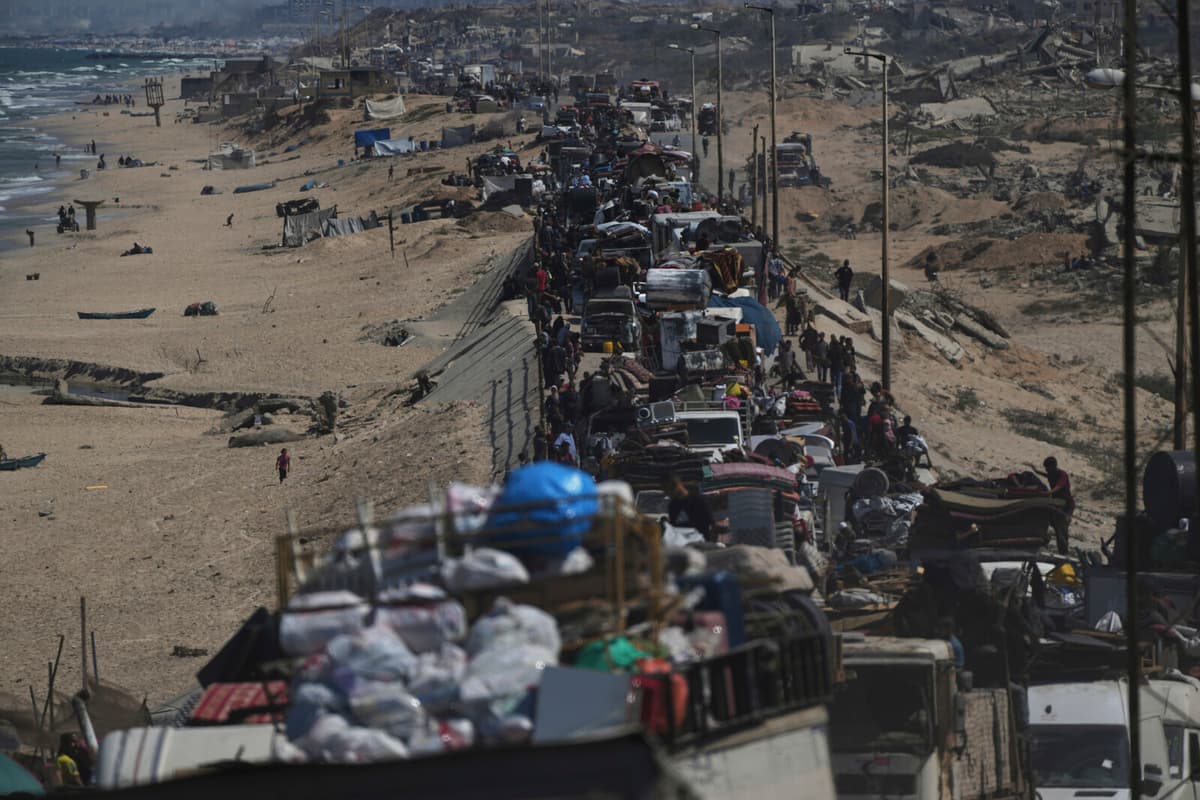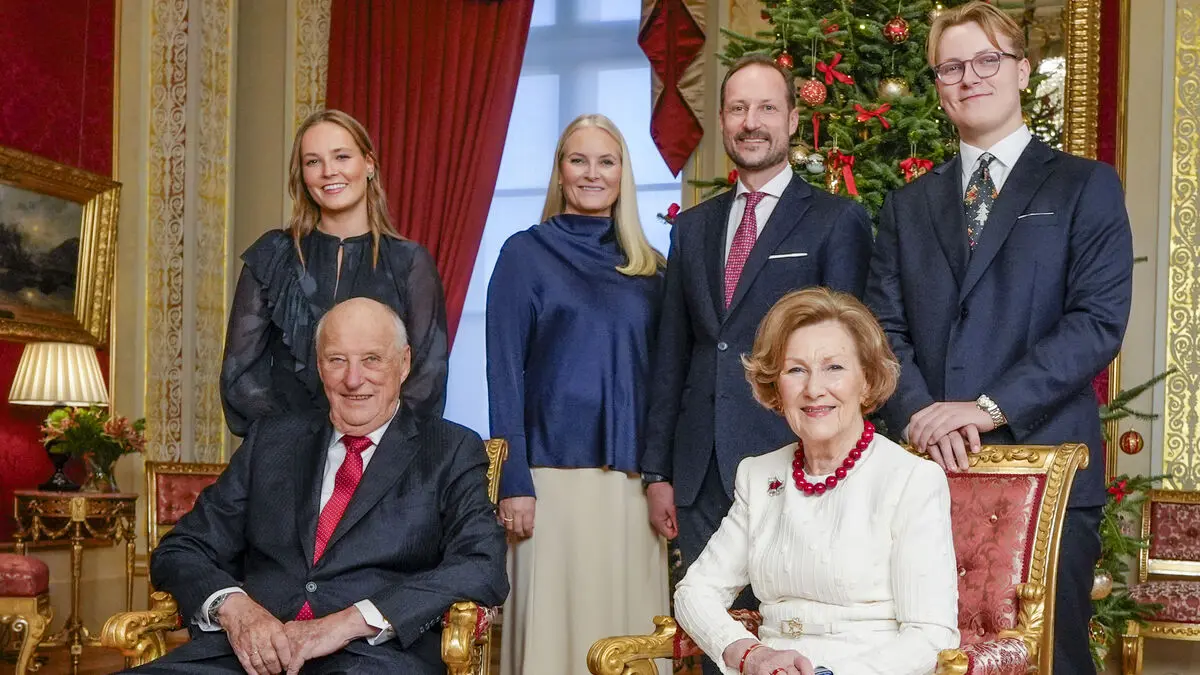Prime Minister Benjamin Netanyahu's confirmation came in connection with new interrogations in the long-running corruption trial against him. He then said, according to Israeli media, that he does not have time for longer testimonies, because such "important things are happening" in the war.
We are moving towards the center, said a military spokesman according to the news agency AFP.
The spokesperson specifies that it is about "expanding activities on the ground in Hamas's stronghold in the Gaza Strip".
Sensitive term
Several Western media describe the escalation as part of Israel's previously known plan to occupy Gaza City.
The word occupation is, however, sensitive for Israel, as it implies far-reaching responsibilities towards the civilian population. Israeli media such as The Jerusalem Post instead talk about an invasion.
The offensive provokes condemnations from the outside world, with warnings of catastrophic consequences for the civilian population.
There are intense, uninterrupted bombings of Gaza City, and the danger is increasing all the time, says witness Ahmad Ghazal to AFP.
He adds that "we can hear the screams" of people who are trapped under bombed buildings.
Five divisions
Saud al-Sakani testifies to AP that her daughter, son-in-law, and their children were killed in an attack that destroyed their house.
A whole family! she says, crying next to the bodies in Shifa hospital's morgue.
According to The Jerusalem Post, a total of five military divisions are involved in the operation. A division normally contains 10,000-25,000 men. Two of the divisions began advancing into Gaza City at 10 pm on Monday and have, according to the newspaper, "taken over large parts of the city's heart".
In pictures on Tuesday, the coastal road by the Mediterranean, one of the few ways to travel between northern and southern Gaza Strip, is packed with fleeing people.
According to Israel's Arabic-speaking spokesperson Avichay Adraee, 40 percent of Gaza City's population of one million have already fled.
Difficult conditions
Aid organizations testify to difficult conditions in the overcrowded camps where the fleeing are referred. Many cannot afford to pay the cost of getting a place in a vehicle and thus being able to bring more important belongings.
Leaving everything behind was the hardest decision I've made so far, says 38-year-old mother of five Nivin Imad al-Din to BBC.
Relatives of the hostages, which the terrorist-stamped Hamas has held since the Palestinian movement started the war two years ago, see it as the government now sacrificing the hostages. And a number of military and political top names agree. Among others, Israel's army chief Eyal Zamir and Mossad chief David Barnea are reported to have appealed for negotiations instead.






